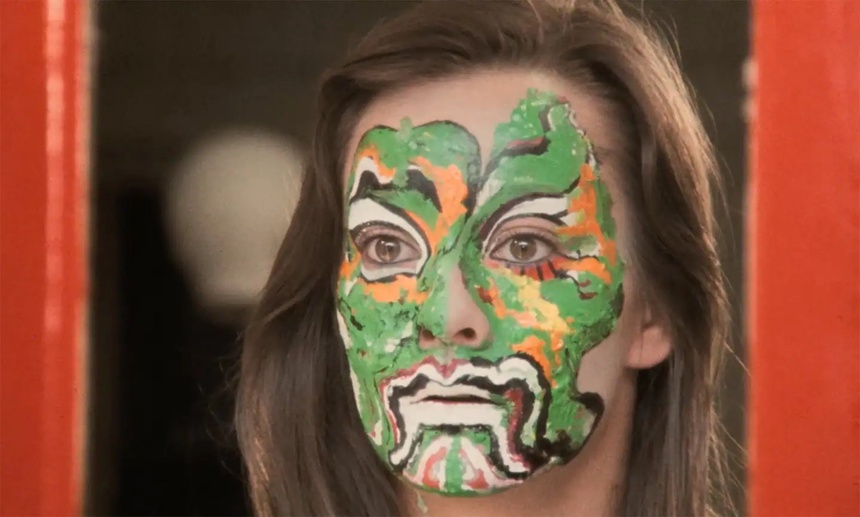Review: DREAM LIFE, A Field Study in Women's Desire

It's 1970 in Montréal. The Quiet Revolution is finished, having transformed Québec from a conversative region to the verge of being Canada's most culturally significant region. The '69 Expo introduced the world to a city of cultural diversity, with French at its heart. Joined with the student revolutions of Europe, civil rights movements in the USA, including feminist movements that brough women's rights to the forefront and a young person, especially a woman, would seem to have the world at their feet. But life is never so easy, and sometimes you don't even know what your dreams are, let alone how to achieve them. And maybe those revolutions didn't mean everything suddenly got better.
Québec filmmaker Mirielle Dansereau's groundbreaking 1972 film Dream Life (or La vie rêvée) was not only the first female-directed feature from the province, but remains a unique work that combines the experimental with the narrative, one which would influence regional cinema for years. Looking at how women, despite their advancement, were still often stuck in traditional expectations, while trying to find out who they are and what they want to be - large questions in a society in some ways fresh, in some ways old, and for these women, not ready to let them be their authentic selves.
Virginie (Véronique La Flaguais) and Isabel (Liliane Lemaître-Auger) meet at a film production company and become fast friends. Their backgrounds couldn't be more different: Virginie comes from a working-class family, and works not just because she wants to (in the animation department), but because she has to, in order to live on her own. Isabel comes from a bourgeoisie family and, living at home, seems to have little need for a job. And yet, both women express frustration with their lives.
They explore their city and its offereings, while at the same time, sense that they themselves are constantly 'on offer' simply by existing in the world as women. One the surface, they would seem to have freedom, with jobs, a car, and a certain social mobility; at the same time, the sexual revolution has not kept its end of the bargain, as they are still expected to cater to men whenever a man's whim calls for it. Isabelle's obsession with a married man is contrasted with Virginie's desire not to have any man - or at least none of the men she meets.
Dansereau, true to the title, fashions the women's story like a dream. There are conversations about the seemingly ordinary (a staple of that era of Québec cinema), frank discussions of love and sex, they even dream up an entire man and a weekend away in which he caters to their whims - oddly enough, very differently than you would think this would be. Their whims are not for a slave, but for an equal, something their world does not offer them.
Dansereau is not just randomly mixing styles, but seeking to find a language for women to explore their desires, their sexual identity, at a time when that kind of liberation was only in theory. The commercialism that surrounds them at their workplace - where a woman's sexuality is packaged and sold - is contrasted with their own dreams that they cannot even define, given that they are not free to do so, as the world still demands they conform.
In Dream Life, Dansereau gives her characters the opportunity to explore their desires through this mix of fantasy, flashback, montage, and conversations over cigarettes and coffee. This portrait of the interior lives of two different women existing in this time and place was a landmark of its time, and its influence too long neglected in cinema.
Dream Life screens for a week at the Metrograph in New York City from November 4th.
La vie r�v�e
Director(s)
- Mireille Dansereau
Writer(s)
- Patrick Auzépy
- Mireille Dansereau
Cast
- Liliane Lemaître-Auger
- Véronique Le Flaguais
- Jean-François Guité







